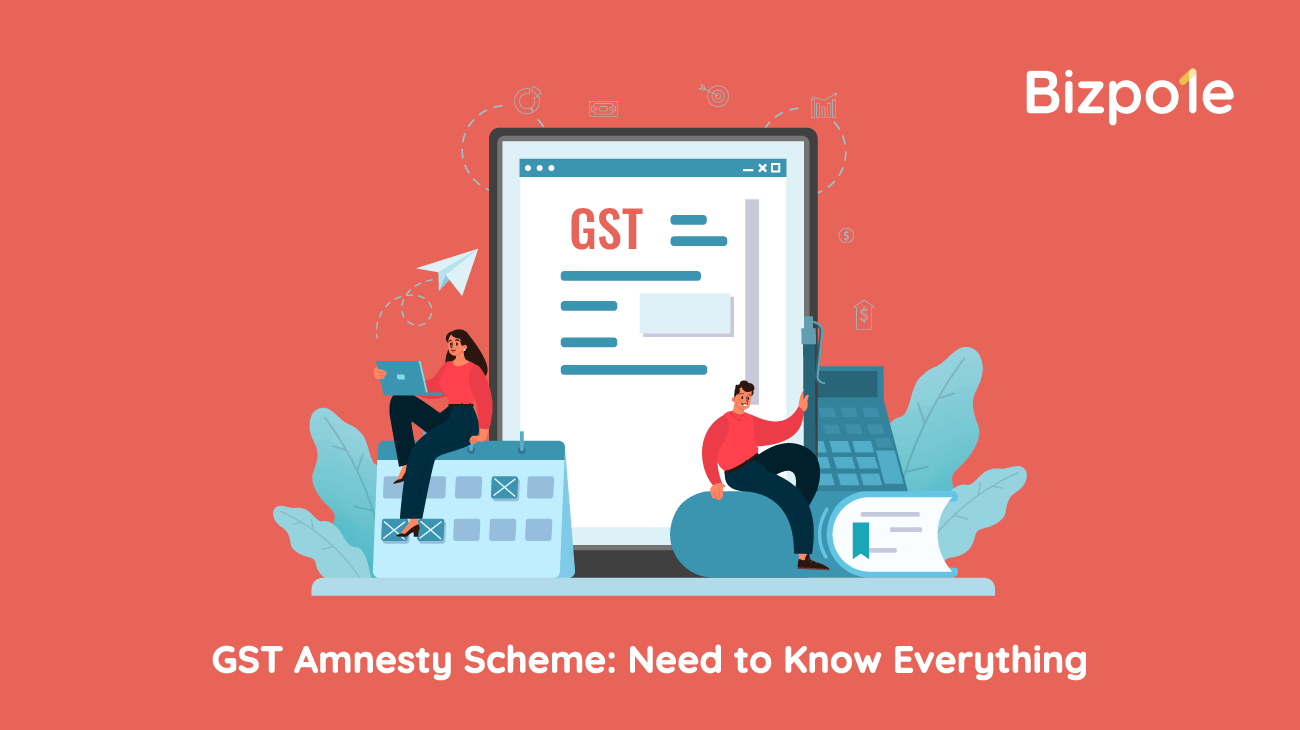GST Council announces a new amnesty scheme for taxpayers who have failed to file the return promptly, with provisions for composition taxpayer revocation of cancelled registration, Aadhar authentication assessment order, late fees for GSTR 9 and GSTR 10, and extended due dates. A notice has been issued by the GST Council on March 34, 2023, which brings a new Amnesty scheme for taxpayers to the notice.
This scheme provided relief to the taxpayer who had been deprived of GSTR 3B submission for the previous text period.
The GST Amnesty Scheme was first introduced to cover the period from July 2017 to September 2018. Under this scheme, those taxpayers who failed to furnish their return in Form GSTR 4 from July 2017 to March 2022 can file their return between April 1 and June 13, 2023.
Benefits
In this new system, a taxpayer who has failed to file a GST of 4 returns from July 2017 to March 2022 then files them between April 1 and June 323 with a late fee of Rs 500 per year.
- Relief for taxpayers
The GST Amnesty scheme provides relief to tax bills whose GST returns are pending, and it also helps them to clear the previous file without any penalty. This scheme reduced the late fees to ₹500 per year, which gives relief to small taxpayers who failed to file returns.
- Relief for registered people
This scheme provides relief to those whose registration has been cancelled on or before December 31, 2022, and who have failed to apply for revocation of the cancellation of such registration within the Indus-specific period. They could also apply for revocation of registration up to June 30, 2023.
Challenges
There are some benefits to the scheme, but that doesn’t mean that it is beneficial for all; it brought some challenges as well.
- No relaxation in interest dues
Those who haven’t filled out GSTR-3B and those who are responsible for taxes would be exempt from interest.
- non-admissibility of the input tax credit
The admissibility of an input tax credit is a big question for some text professionals under the GST Amnesty scheme, and there is a serious concern raised by tax experts in this regard. They have pointed out that the last date for availing input tax credit after Restoration is missing as a period of availing of ITC is not clear in the judgement, which is creating confusion in the mind of the assessee.
The government has reduced the delay fees for submitting Gstr 3b of the previous text period and extended the deadline as well, but this did not go beyond the ITC deadline for the same period.
It forbids the taxpayer to report the ITC when submitting the last time under GSTR 3b. Under acceptance apologies, the ITC cannot make such a claim.
- No relief for late filing of GSR- 1
GST-1 has not been covered under this scheme; no late waiver or relief can be seen to file a pending GSTR-1. Until August 29, the aggrieved taxpayer preferred an application.
- Revocation of a cancelled GST registration
Those whose registration has been cancelled can reapply for revocation, but the application for revocation shall be filed only after submitting the return along with payment of tax due to the effective date of cancellation of registration.
The GST Amnesty Scheme boosted taxpayers’ willingness to file their returns as per the given deadline and it provides benefits to the small taxpayer and businesses but it is having various challenges as well, like there is no relaxation in interest dues, No relief to late filing of GSTR-1 under the scheme and so on. Although this scheme gives a positive note and is beneficial at the practical level. The government should also work on the challenges and provide positive outcomes for everyone.



















